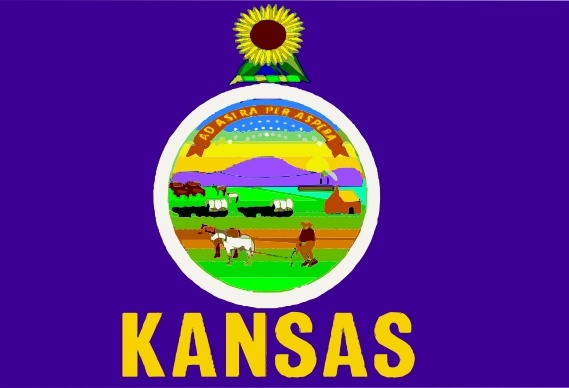KDA Offers Food Safety Webinar Series in 2021
MANHATTAN, Kansas — The Kansas Department of Agriculture’s food safety and lodging program will offer monthly online webinars on food safety issues beginning Monday, January 25, 2021. The free webinar series will cover a variety of food safety issues that are of interest to food business operators, managers and workers.
Each 30-minute webinar will consist of a presentation by food safety and lodging inspectors from across the state, followed by an opportunity for participants to ask questions of the presenters and other KDA-FSL staff. These webinars are an outreach of the Food Protection Task Force, which serves to expand the knowledge base of the food and feed industry in Kansas. The FPTF creates connections and relationships which foster collaboration when developing materials and strategies for intervention, prevention and response to foodborne illness.
The first six months of the webinar series have been scheduled. Each presentation will take place at 3:00 p.m. CST.
January 25 Remote Food Safety Inspections During COVID-19
February 22 Choosing the Right Practice: Cooling and Reheating of Foods
March 29 Food Safety on the Go: Food Trucks, Trailers, Tents and Carts
April 26 Staying Ahead of the Game: What Food Service Managers Need to Know
May 24 Dealing With Pests in a Food Establishment
June 28 Limiting the Spread of Germs: How Employees Can Make a Difference
Registration for the January and February online webinars is now open. Register on the KDA Food Protection Task Force page at www.agriculture.ks.gov/FPTF. There is no cost to participate, but you must register to receive the login access information.
For more information about the webinar series or about food safety in Kansas, contact the KDA food safety and lodging program at 785-564-6767 or kda.fsl@ks.gov.
This webinar series serves to support KDA’s mission, which includes a commitment to providing an environment that enhances and encourages economic growth and helping to ensure a safe food supply, promoting public health and safety, and providing consumer protection.
###
